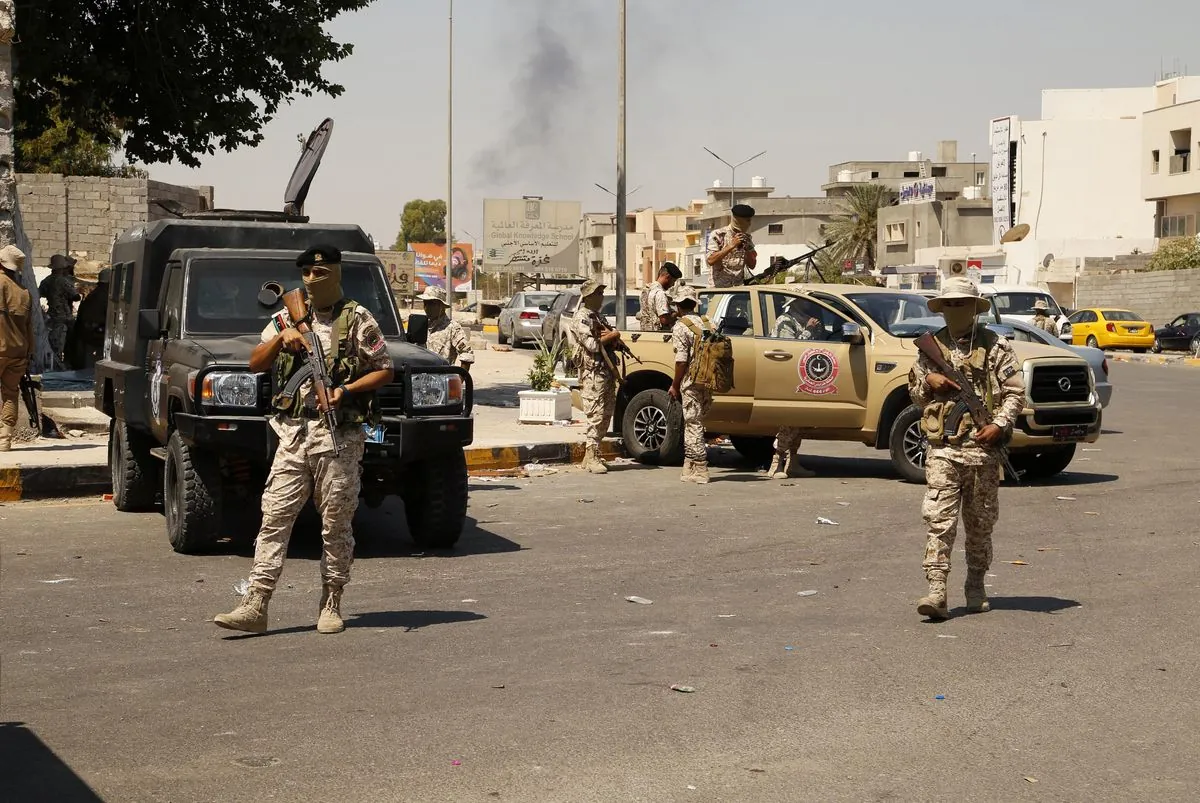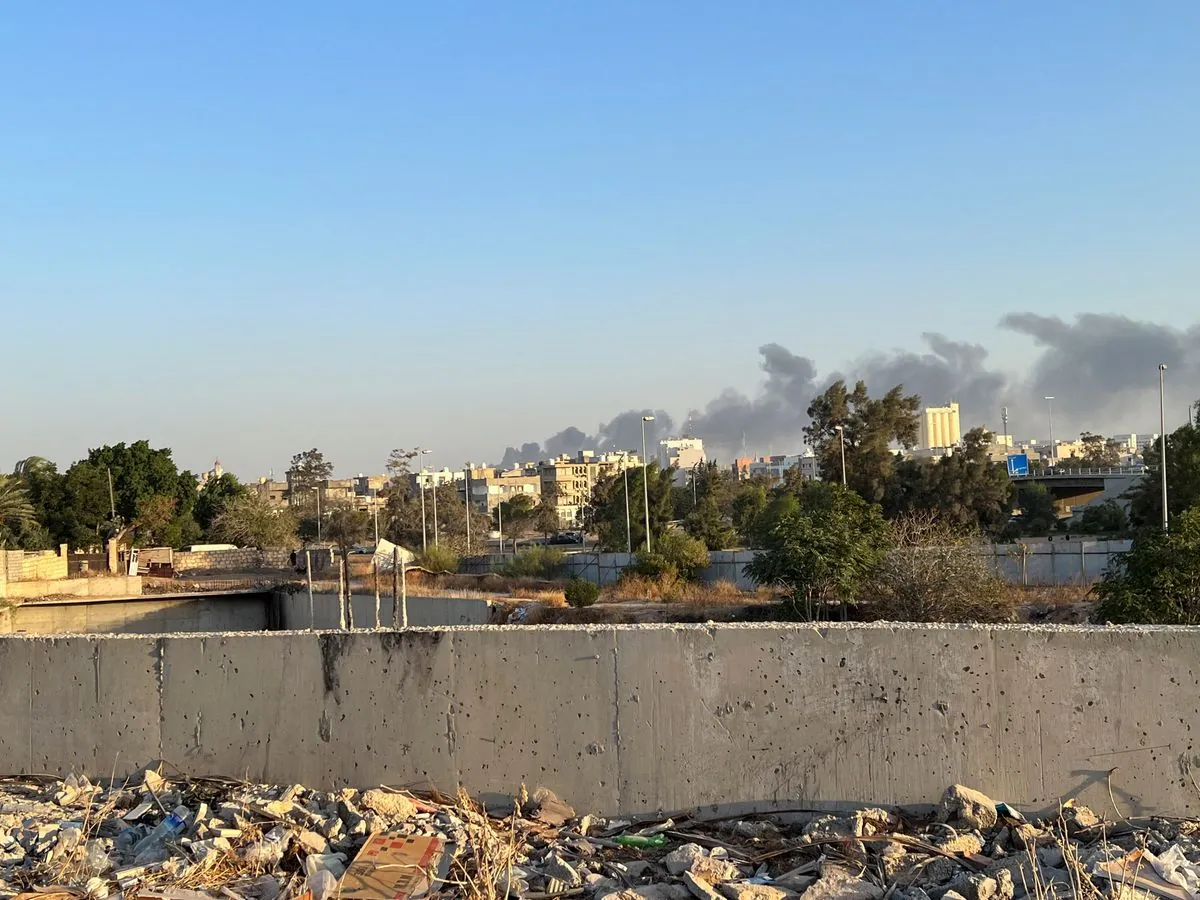Deadly Militia Clashes in Tripoli Highlight Libya's Ongoing Instability
Armed conflicts between militia groups in Tripoli resulted in multiple casualties. The violence underscores Libya's fragile state since the 2011 uprising, raising concerns about potential wider conflicts.

On August 9, 2024, Tripoli, the capital of Libya, witnessed violent clashes between two heavily armed militia groups, resulting in approximately a dozen fatalities and numerous injuries. This incident serves as a stark reminder of the ongoing instability in the North African nation, which has been grappling with political turmoil since the 2011 uprising that led to the fall of longtime dictator Moammar Gadhafi.
The conflict erupted in Tripoli's eastern Tajoura neighborhood, involving the Rahba al-Duruae militia, led by Bashir Khalfallah, also known as al-Baqrah, and the al-Shahida Sabriya militia. According to local reports, the violence stemmed from an alleged assassination attempt on al-Baqrah. The Health Ministry's Ambulance and Emergency Services reported at least 9 deaths and 16 injuries resulting from the hours-long confrontation.

Libya, a country with a rich history dating back to ancient times, has faced significant challenges in recent years. Despite possessing the largest oil reserves in Africa and being a member of OPEC since 1962, the nation has struggled to achieve stability and economic prosperity. The country's population of approximately 7 million people has endured years of conflict and political division.
The recent clashes in Tripoli are not isolated incidents. In May 2024, similar militia conflicts occurred in the coastal town of Zawiya, while August 2023 saw a 24-hour period of fighting in Tripoli that claimed at least 45 lives. These recurring violent episodes highlight the fragility of Libya's political landscape and the power wielded by various armed groups.
Libya's current political situation is complex, with the country divided between rival administrations in the east and west. The government of Prime Minister Abdul Hamid Dbeibah in Tripoli controls western Libya, while forces under military commander Khalifa Hifter dominate the country's east and south. This division has contributed to the ongoing instability and the proliferation of armed groups vying for influence.
"We condemn the assassination attempt and call for an investigation to hold those responsible accountable."
The situation has been further complicated by recent troop deployments. Hifter's forces have reportedly moved into southwestern areas to secure Libya's southern borders, prompting militias in western Libya to mobilize. This development has raised concerns about the potential for a wider conflict between eastern and western factions, potentially jeopardizing the 2020 ceasefire agreement.
The international community has expressed alarm over these developments. A joint statement from the embassies of France, Germany, Italy, the UK, and the US warned that such military movements risk escalation and violent confrontation, potentially undermining the 2020 ceasefire.
As Libya continues to navigate its complex political landscape, the country faces numerous challenges. With a Mediterranean coastline stretching nearly 1,800 kilometers and a terrain characterized by barren, flat, and undulating plains, Libya's geography plays a significant role in its development and security concerns. The nation's rich cultural heritage, including UNESCO World Heritage sites like the ancient Greek city of Cyrene, stands in stark contrast to its current struggles.
Despite these challenges, Libya boasts a literacy rate of over 90%, indicating the potential for education and development. However, the ongoing conflicts and political instability continue to hinder progress and threaten the well-being of its citizens.
As the international community watches closely, the hope remains that Libya can find a path towards lasting peace and stability, allowing it to harness its natural resources and cultural heritage for the benefit of its people.


































